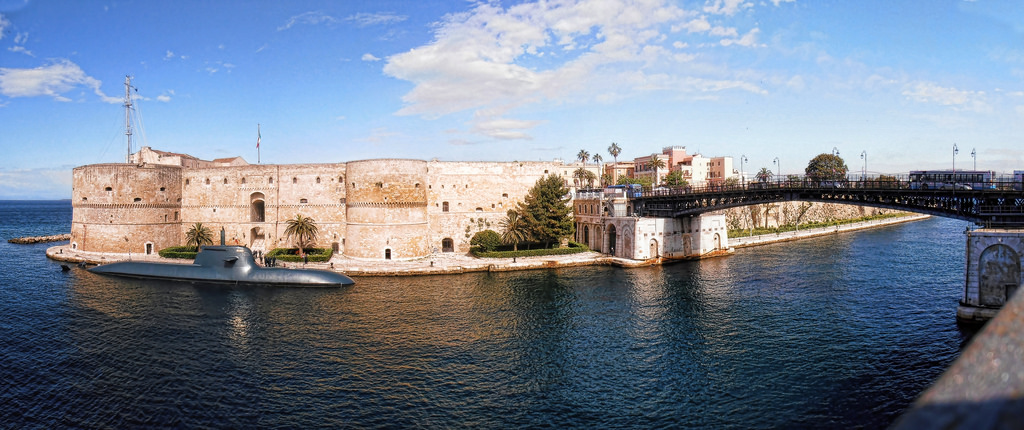-
Ilva steelmaking plant continues to cast a deep shadow over city of Taranto
Date posted:
-
-
-
Post Author
Patrick LaveryCombustion Industry News Editor
-

-
The Australian Broadcasting Corporation has run a longish piece on the social and economic effects of the Ilva steelmaking plant outside of Taranto, south-eastern Italy. Two hundred and fifteen stacks at the plant – Europe’s largest steelmaking facility – emit 11,000 tonnes of NO2, 11,300 tonnes of SO2 and seven tonnes of hydrochloric acid each year, a situation that was even worse in the past. Because of the pollution, radical measures must be taken by the people of Taranto, including closing schools when winds are unfavourable, and prohibiting play in outdoor areas because of soil contamination. According to the report, the people of Taranto are divided between those that think the economic opportunities the plant provides mean the pollution must be put up with, and those that think it is too high a price. The rate of children contracting tumours is 50% higher than the national average, while lung cancer deaths across the population are 30% higher, and deaths from respiratory problems for men 50% higher. A 2012 epidemiological study found that between 1998 and 2010, 386 people died from exposure to pollution. Despite this, some in Taranto describe a job at Ilva as a “lifeline.” From 2006 to 2016, the number of Italians at risk from poverty increased from 3 million to 18 million, getting close to one third of the country’s entire population. In southern Italy, youth unemployment is between 50-60%, a measure of the desperation many Italians are feeling. Unfortunately, corruption has meant that funds earmarked by the government to help improve the environmental performance of the plant were taken as profit by the owners of the plant, or given as bribes, according to the report. Ilva was placed into administration in 2015, then bought by Arcelor Mittal, and during the most recent Italian election, the Five Star Movement promised to close it for good. However, the new coalition government between the Five Star Movement and The League has instead come to a deal with labour unions and Arcelor which will keep the plant open as long as €1.1 billion (US$1.25 billion) is spent by 2023 to reduce emissions from the plant. Whether the money does get spent remains to be seen, but for some time to come it seems the ink-black mussels which Taranto was once famous for will be too toxic too eat.
